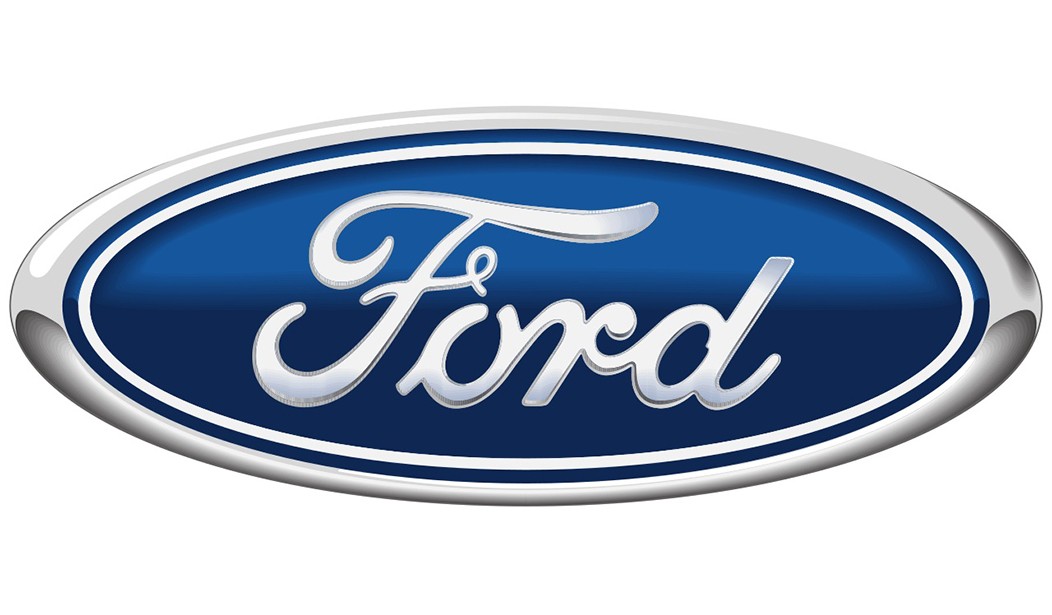One of the best vehicles I've ever owned was a 1974 Ford Bronco. It was painted that weird electric green that Ford used in the '70s, and its interior was all vinyl and steel. It had a manual transmission and transfer case, manual hubs, manual windows and door locks, and a 302 cid V-8, which gave plenty of power for a truck that size. I swear that truck would go up and down trees, and at the end of elk season, when the Bronco was dirty inside and out, I could take it to a car wash and just pressure-hose the whole thing, inside and out.
It was a great vehicle, a true utility of the kind that's not made anymore.
But Ford was and is a truck company, and one of their flagship pieces is the Super Duty line. I've been watching for one myself, preferably an F-350 diesel, but haven't found the right one yet.
In fact, the Super Duty line is doing well enough that Ford is expanding production, including a Canada electric vehicle (EV) plant.
Ford will begin manufacturing Super Duty trucks at its Oakville Assembly Complex in Ontario, Canada, beginning in 2026. The move will bolster Super Duty production capacity by up to 100,000 trucks a year and will allow for the next-generation Super Duty to offer electrified powertrains.
CEO Jim Farley said that the decision to expand Super Duty production is the result of Kentucky Truck Plant and Ohio Assembly Plant struggling to meet rabid demand for the 2024 North American Truck of the Year. Oakville Assembly, previously earmarked for a full transition to electric vehicle production, will benefit from a $2.3 billion investment that will bring assembly and stamping operations to the plant.
And, yes, that Ontario plant may be used to produce a Super Duty hybrid or EV — which I'm guessing won't sell well. The gas and diesel Super Duty trucks are where it's at.
In the first half of 2024 alone, Ford’s two American plants have produced more than 200,000 Super Duty trucks. High demand from Ford Pro commercial customers has been a key driver in the truck’s popularity and the need for expansion. Ford says that it will invest several million at its Sharonville Transmission Plant in Ohio and Rawsonville Components and Sterling Axle Plants in Michigan to support 70 additional jobs and overtime shifts.
That's good for American workers, and it's a hopeful sign that demand for these trucks is picking up, as they are heavily used by businesses large and small, from farmers and ranchers to construction contractors, plumbers, electricians, you name it.
See Related: Built Ford Tough: Historic Truck Company Reveals Updated Line-Up
Stop China From Spying on American Drivers
And that's why I'm skeptical in the extreme about the market prospects of a Super Duty EV or hybrid. A business, especially a small business that depends on their vehicle being available 100 percent of the time, day and night, sometimes at a moment's notice, in hot weather or cold, can't wait for their vehicle to finish charging before going to work. If a snowstorm hits, the guy who plows driveways and side roads can't stop at mid-day and wait for a couple of hours while his truck, its usable range reduced by the cold, recharges. A contractor who has to haul his crew and pull a trailer full of lumber over a mountain pass can't stop halfway and wait for a couple of hours while his truck, its usable range reduced by the load, recharges.
Ford is, sadly, still buying into the EV scheme. And, to be fair, they will probably sell some — a few. But it's telling that Ford's big seller right now is the traditional Super Duty — and that they are doing well enough to require Ford to expand production.
The fact that it's making the Doom Pixie types around the globe grit their teeth in frustration is just icing on the cake.














Join the conversation as a VIP Member